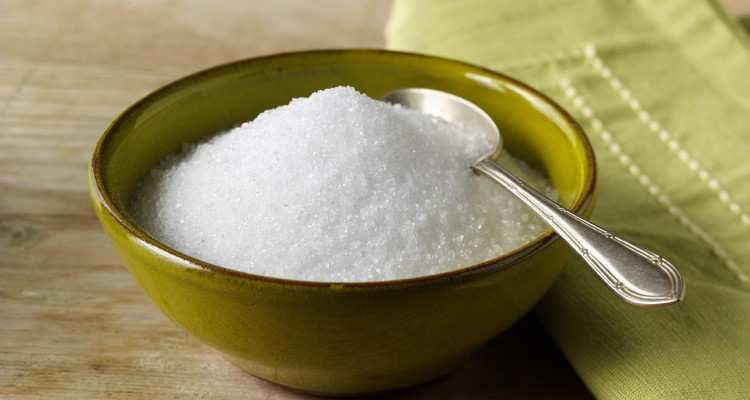Sweeteners are something I’m asked about all the time!
The lucrative weight loss and dieting industry has meant that artificial sweeteners like aspartame, saccharin and sucralose have enjoyed a similar surge in popularity. Found in products like Splenda, Equal and NutraSweet, they’re also a common ingredient in many sweet-tasting but sugar-free foods like fizzy drinks, cereals, hot chocolate powders, juice drinks, frozen desserts, protein shakes, multivitamin supplements, instant coffees, chewing gum, soups, sauces and yoghurts.
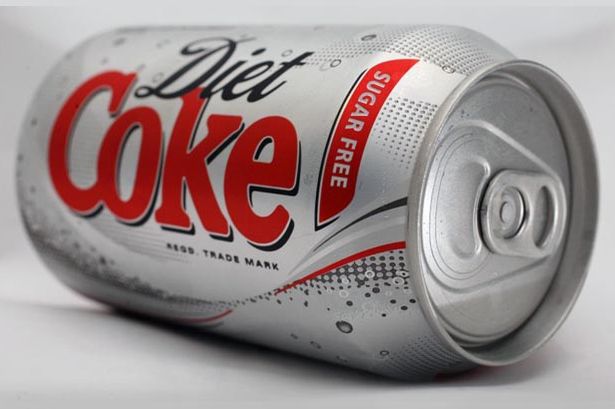
For anyone watching their weight, it has become perfectly normal to choose Diet Coke over the full sugar version, to buy sugar-free chewing gum, sugar-free diet yoghurts and to use an artificial sweetener rather than sugar in tea and coffee.
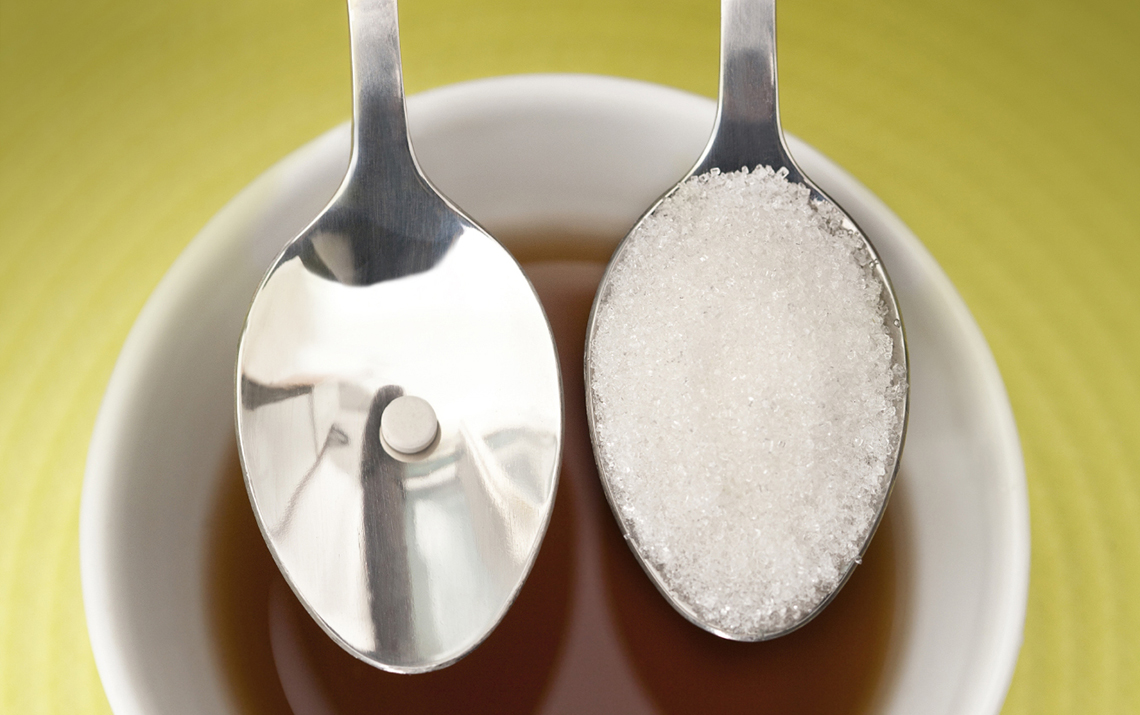
While all have been approved and declared as ‘safe’ for consumption by humans, controversy remains rife about the potential health risks associated with these sweeteners.
Diet Drinks and Weight Gain:
Although aspartame contains no calories, research suggests that those drinking one to two cans of fizzy diet drinks per day have a 54.5% greater risk of becoming overweight. This is because the phenylalanine and aspartic acid contained in aspartame may cause the release of insulin, which disrupts the hormones that control fat storage in the body.
While it is one of the essential amino acids, phenylalanine acts as a neurotoxin and overexcites brain neurons when consumed in high amounts. There are high amounts of isolated phenylalanine found in aspartame, and this can lower levels of serotonin, which is an important neurotransmitter that tells you when you’re full and prevents cravings for sweet foods. Therefore, drinking too many cans of diet drinks may cause you to crave more sugary and fatty foods.

Saccharin consumption may also lead to more weight gain and increased levels of body fat than eating exactly the same foods sweetened with regular sugar. A study published in the Journal Of Toxicology and Environmental Health, showed that sucralose, also known as Splenda, led to an increase in body weight in clinical studies and it also reduced the levels of healthy bacteria in the gut by 50%.
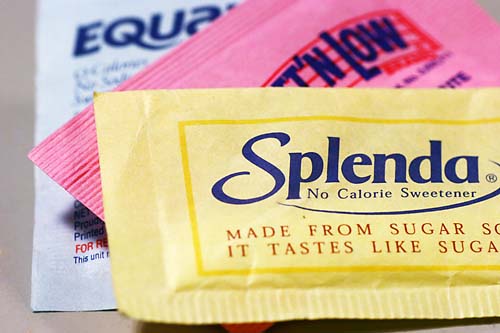
Xylitol is a sweetener available in most health food shops and some supermarkets. It’s a white crystalline substance that looks almost identical to regular table sugar, but is a natural sweetener extracted from woody fibrous plant material, such as corn cobs and hardwood.
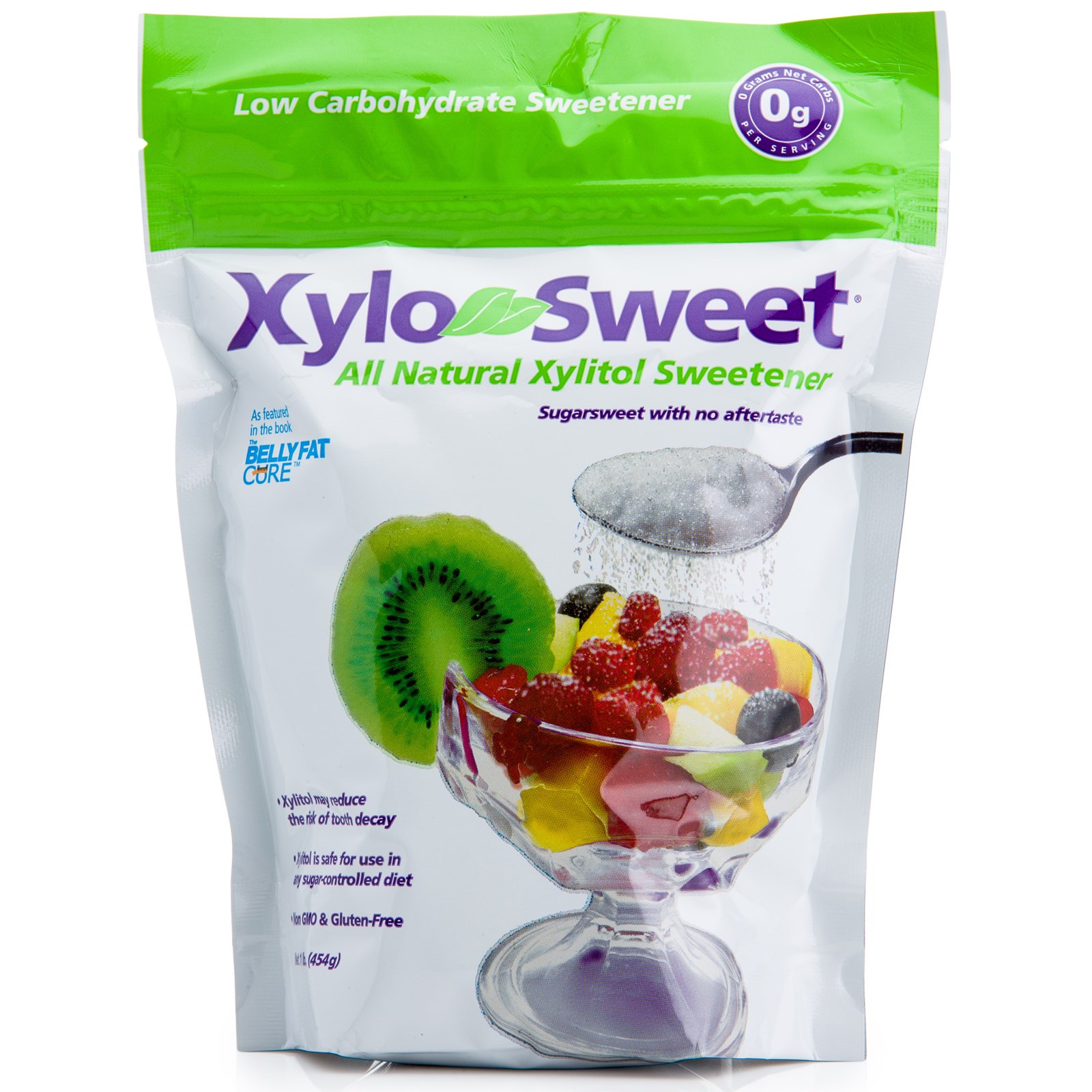
I don’t generally recommend eating large amounts of any sweetener, even from more natural sources, as they’re a concentrated and processed product. However, xylitol contains about a third of the calories of regular sugar and provides an alternative for diabetics as it does not cause a rapid rise in blood sugar levels. Xylitol is also suitable for those following a low-carb diet, and works well in baked goods and as a sweetener for tea and coffee.
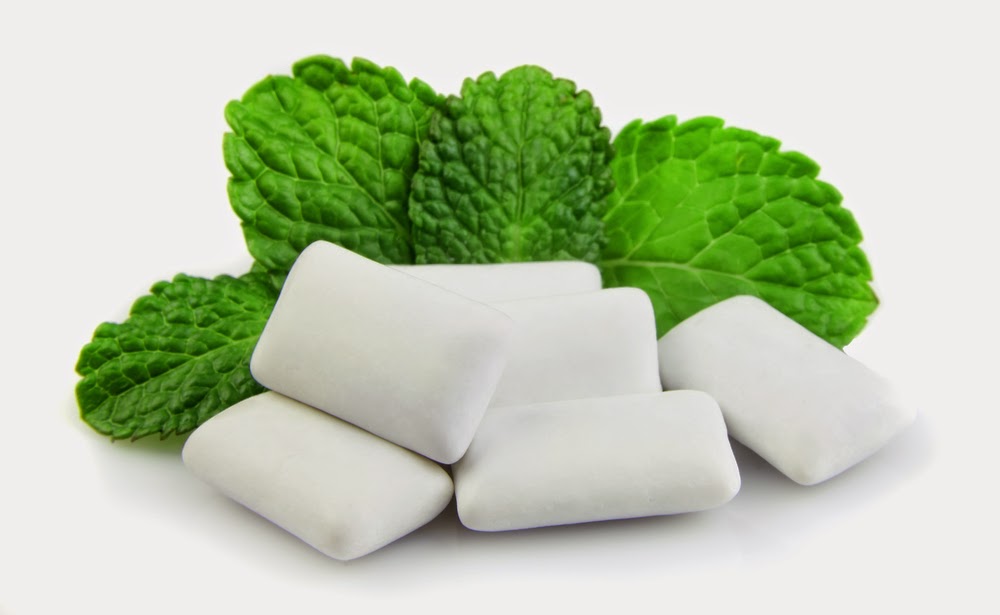
Some research also suggests that xylitol helps to prevent dental cavities and reduce the formation of plaque. This may be because it isn’t utilised by bacteria in the mouth in the same way that sugar is, so it doesn’t promote tooth decay. Therefore, it’s often used in mints, chewing gum and chocolate bars.
If you can’t source xylitol easily, there are quite a few other natural sweetener options to be enjoyed in moderation in desserts and sweet treats.
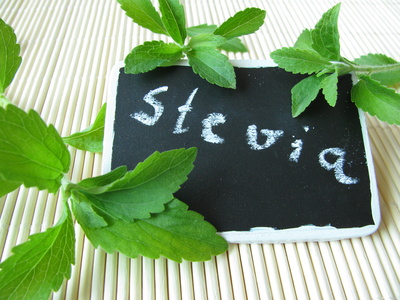
Stevia is one such option I would recommend. It is a natural herbal sweetener, which comes in a liquid or powdered form and is calorie-free. It won’t raise blood sugar levels or cause weight gain and can be used to sweeten hot drinks, smoothies, baking and other desserts. I love to add a few drops of this liquid version (€9.95) to my green smoothies for a little extra sweetness.
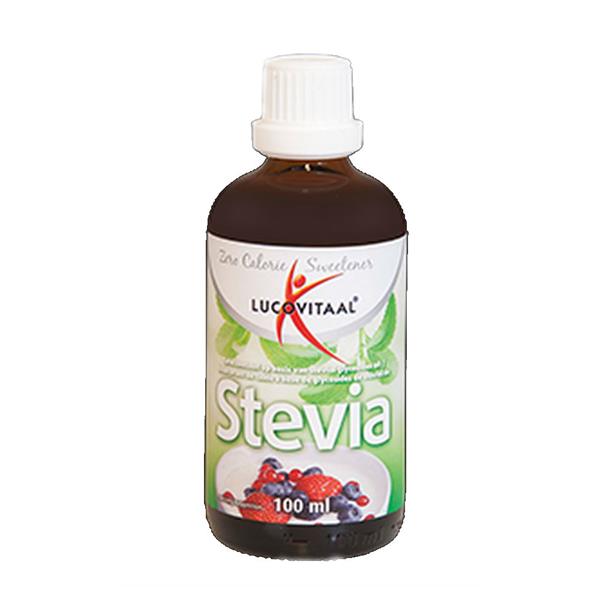 Other options for sweeteners include pure maple syrup, raw local honey, cinnamon, alcohol-free vanilla extract, coconut sugar, coconut blossom nectar and blackstrap molasses, which is a rich source of iron and calcium.
Other options for sweeteners include pure maple syrup, raw local honey, cinnamon, alcohol-free vanilla extract, coconut sugar, coconut blossom nectar and blackstrap molasses, which is a rich source of iron and calcium.
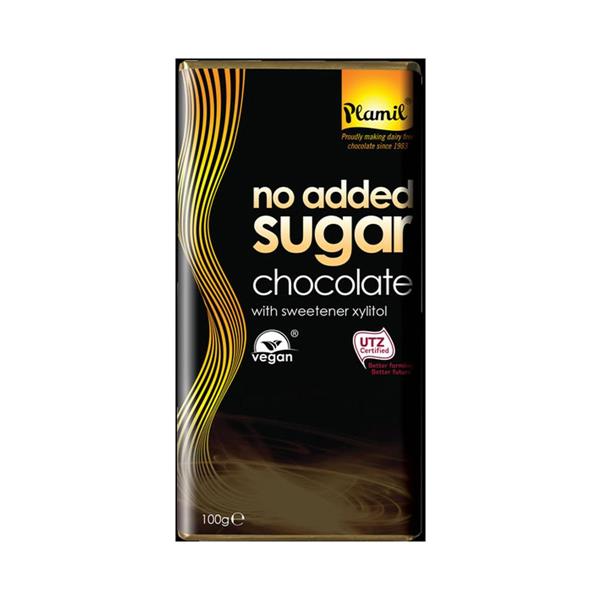 This delicious recipe for Chocolate Chip Cookie Dough Protein Amazeballs, uses dark chocolate sweetened with Xylitol (€2.05) in place of regular chocolate chips, plus the rich flavours of maple syrup and cinnamon. The bars are available in all good health food shops.
This delicious recipe for Chocolate Chip Cookie Dough Protein Amazeballs, uses dark chocolate sweetened with Xylitol (€2.05) in place of regular chocolate chips, plus the rich flavours of maple syrup and cinnamon. The bars are available in all good health food shops.


